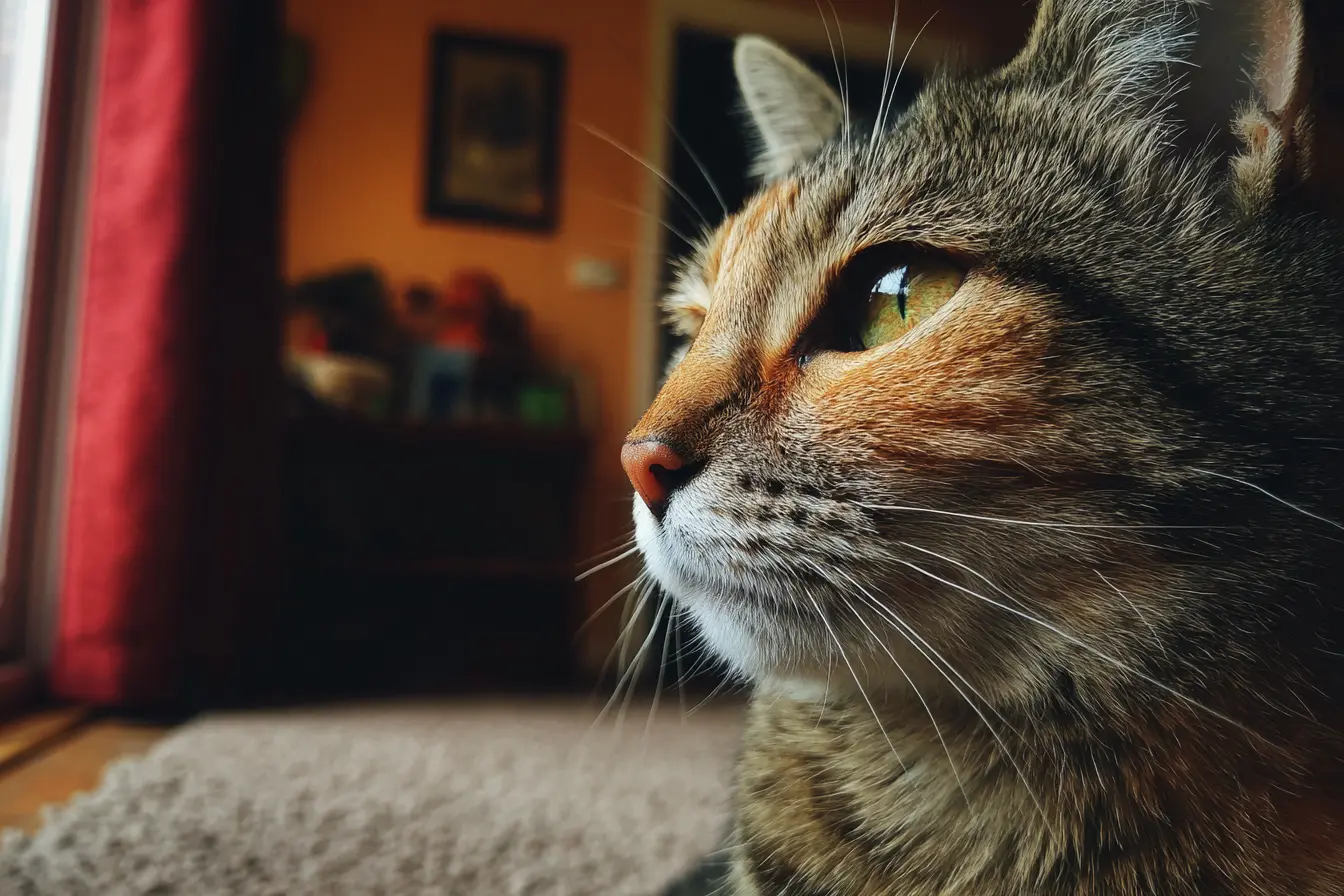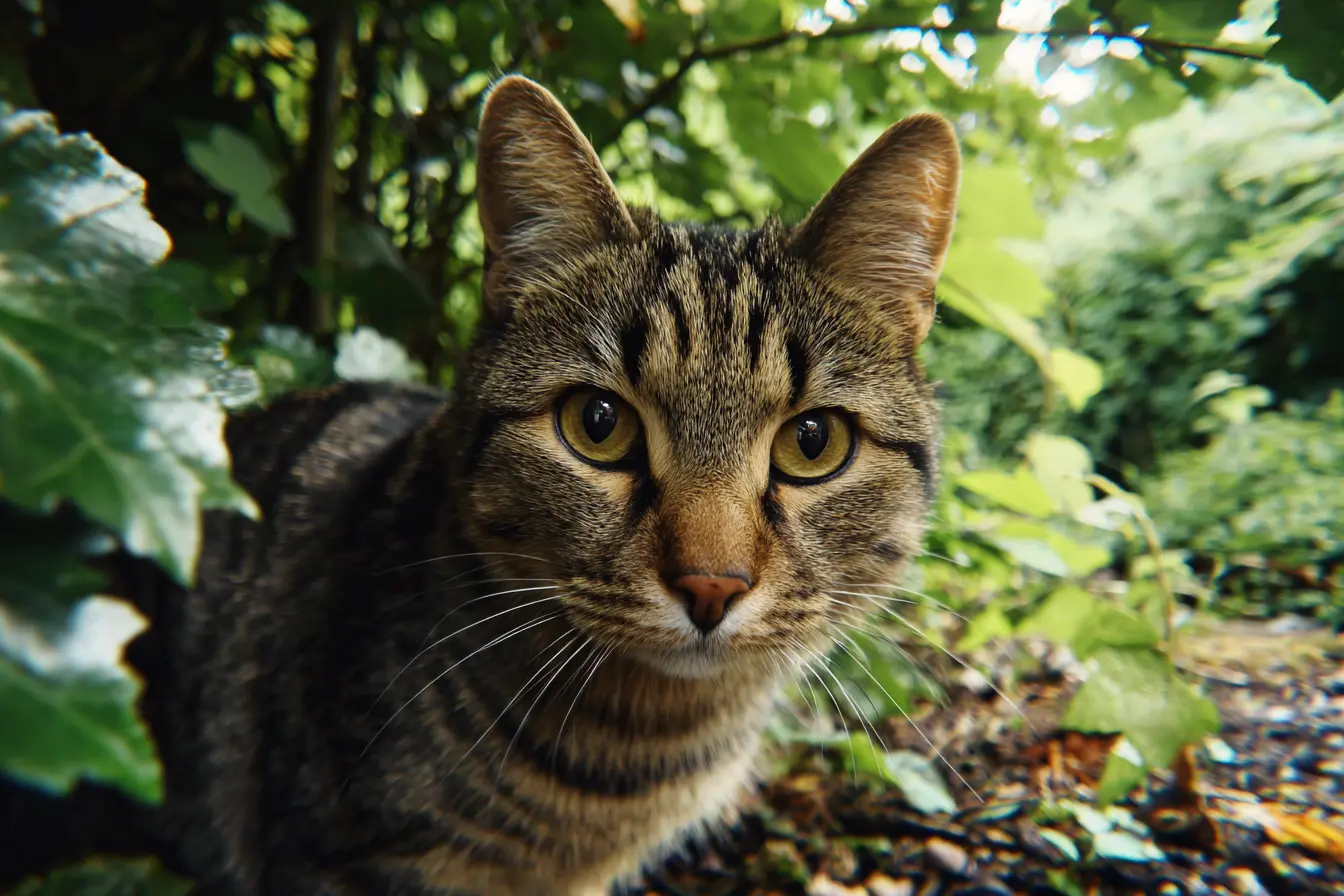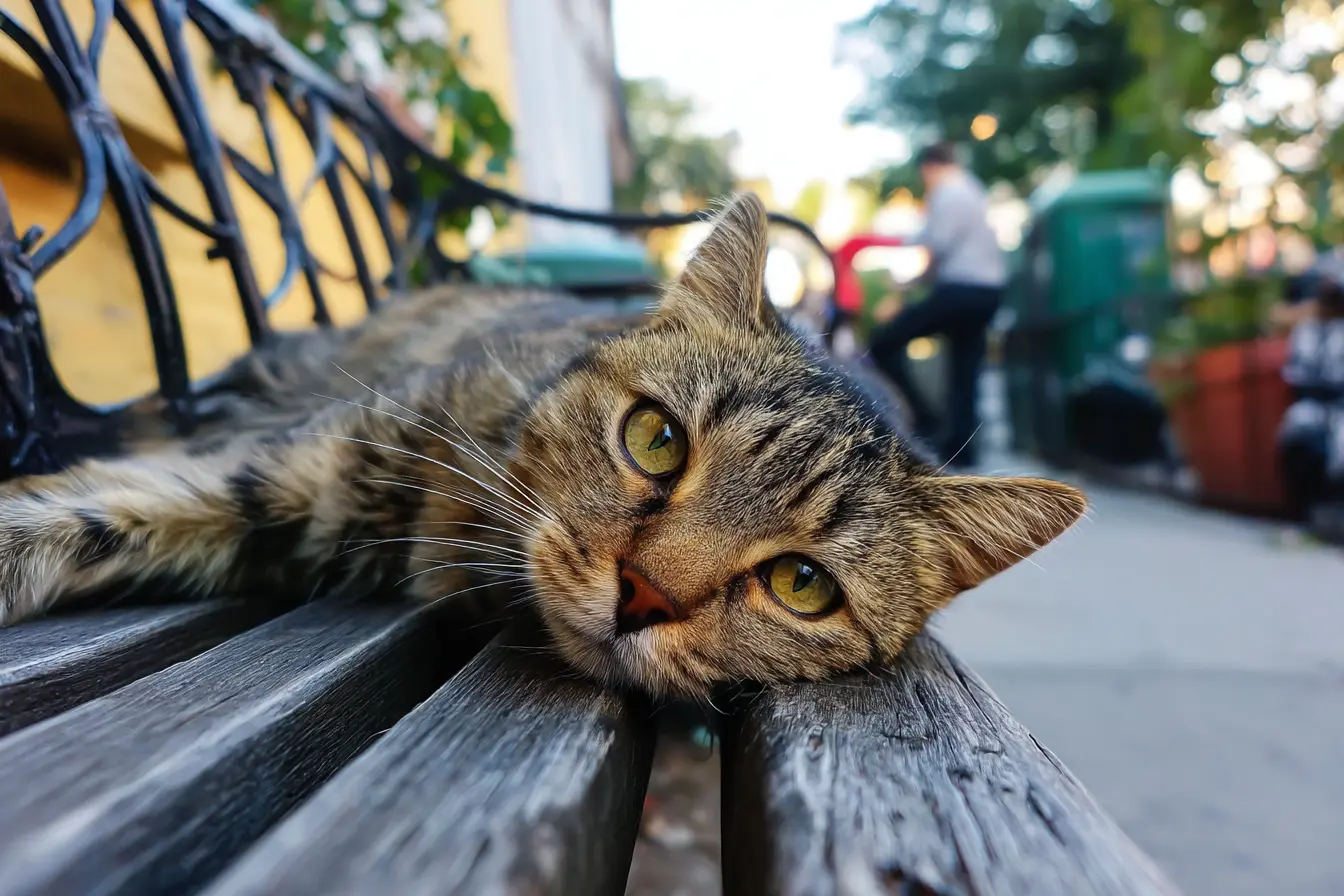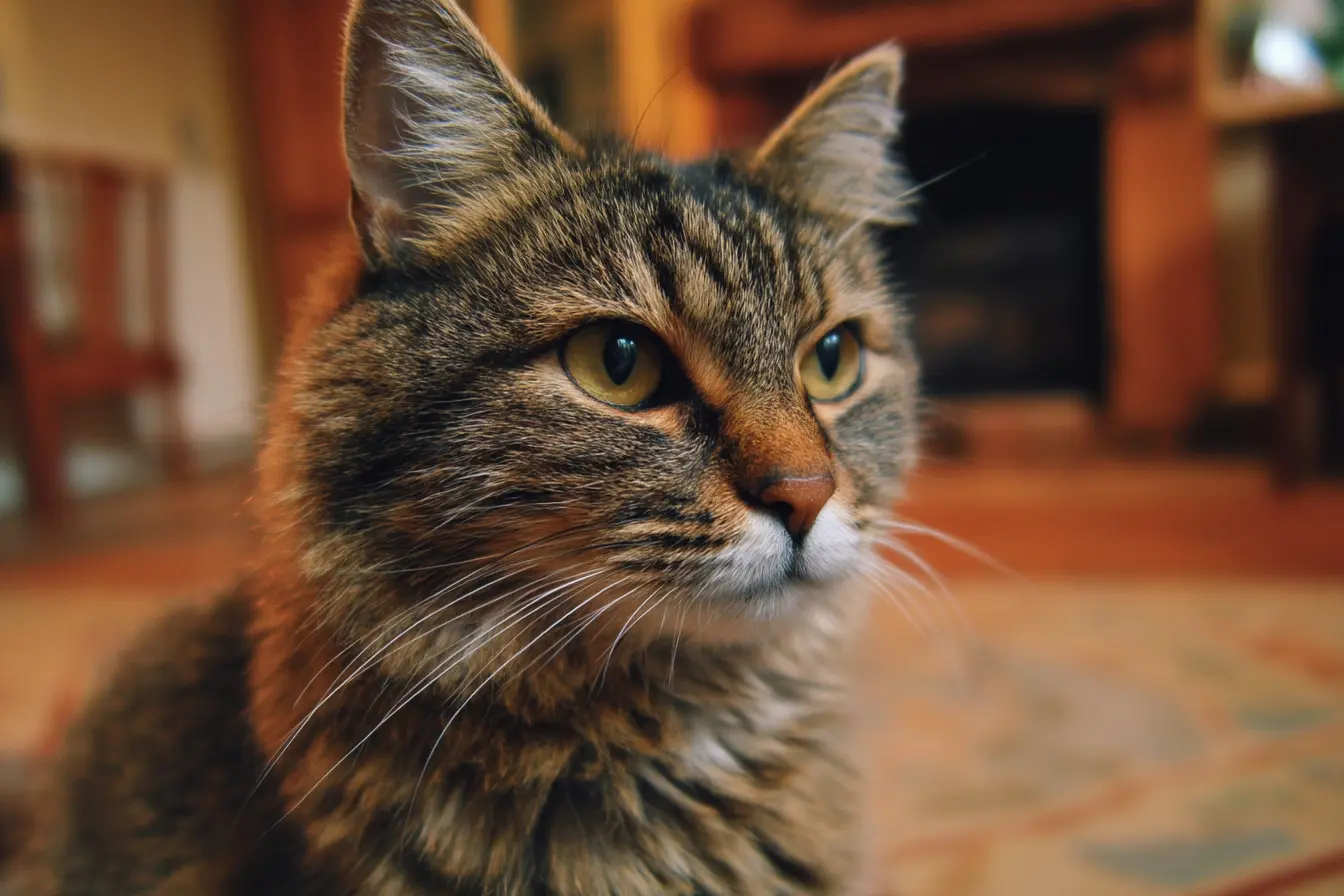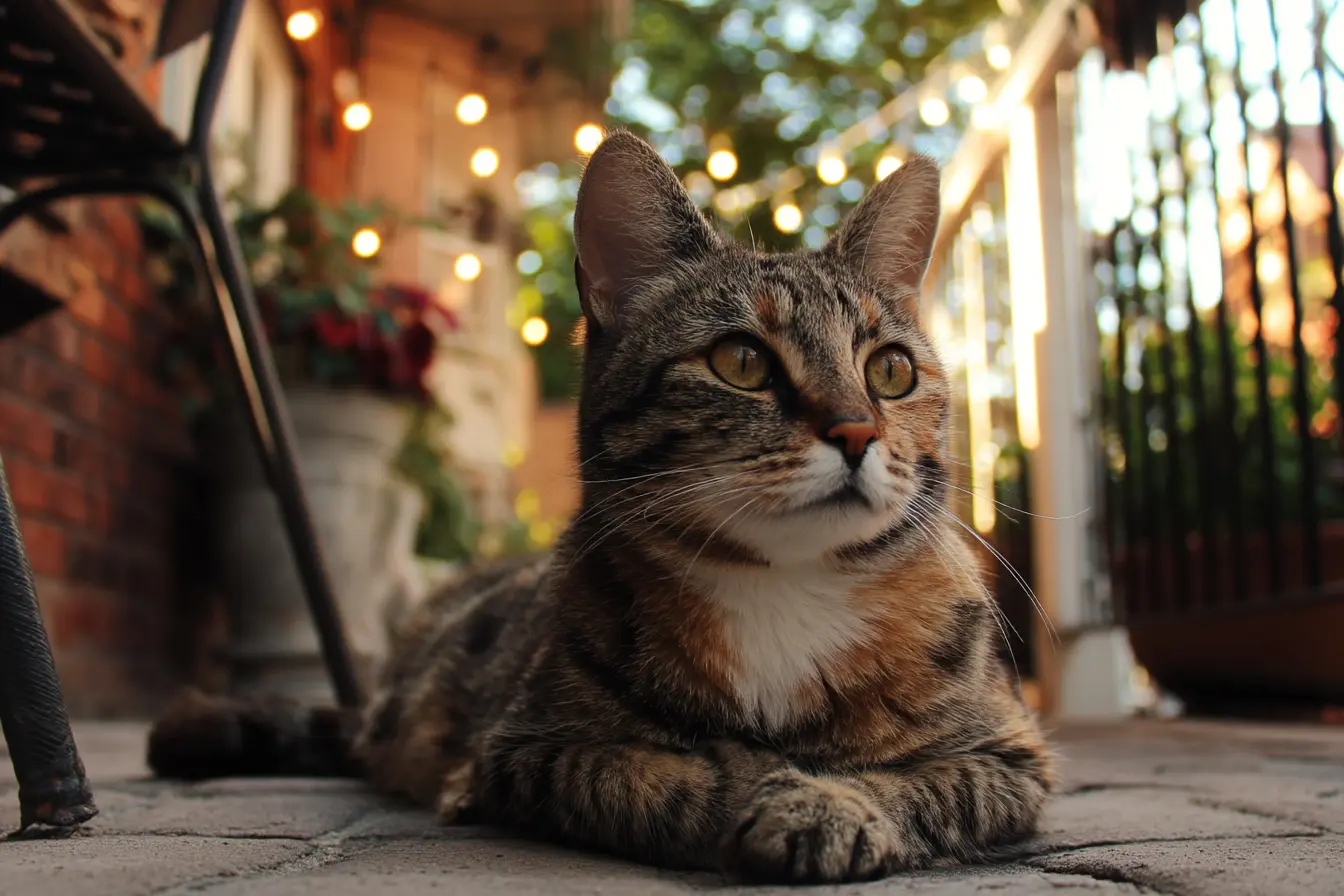
Vaccinations in Cats: A Complete Guide for Owners
Vaccinations are a crucial part of keeping cats healthy, protecting them from life-threatening diseases, and preventing the spread of infectious illnesses. Whether you have a kitten or an adult cat, ensuring they receive the correct vaccinations at the right time is essential.
This guide covers everything cat owners need to know about vaccinations, including core and non-core vaccines, schedules, benefits, potential side effects, and frequently asked questions.
Why are vaccinations important for cats?
Vaccinations help protect cats from serious viral and bacterial infections by stimulating their immune system to recognise and fight specific diseases. Many of these illnesses are highly contagious and can be fatal, particularly in kittens or immunocompromised cats.
The benefits of vaccinating your cat include:
- Preventing life-threatening diseases such as feline panleukopenia and feline leukaemia.
- Reducing the spread of infections in multi-cat households and communities.
- Protecting immunocompromised and elderly cats that may be more vulnerable to infections.
- Meeting legal and travel requirements for boarding catteries, travel, and pet insurance.
Core and non-core vaccines for cats
Vaccines for cats are divided into core and non-core vaccines.
Core vaccines
Core vaccines are recommended for all cats, regardless of their lifestyle, as they protect against highly contagious and potentially fatal diseases.
Feline herpesvirus (FHV-1) and feline calicivirus (FCV)
These viruses are the primary causes of feline upper respiratory infections.
Symptoms include:
- Sneezing and nasal discharge
- Eye infections and conjunctivitis
- Mouth ulcers and drooling
- Lethargy and fever
Feline panleukopenia virus (FPV)
Also known as feline distemper or feline parvovirus, this highly contagious disease affects the immune system and intestines.
Symptoms include:
- Severe vomiting and diarrhoea
- Fever and lethargy
- Dehydration and rapid weight loss
Rabies (only required for travel)
Rabies is rare in the UK but is required for cats travelling abroad. It affects the nervous system and is fatal once symptoms appear.
Symptoms include:
- Behavioural changes and aggression
- Excessive drooling and difficulty swallowing
- Paralysis and seizures
Non-core vaccines
Non-core vaccines are recommended based on a cat’s lifestyle, risk factors, and exposure to other animals.
Feline leukaemia virus (FeLV)
FeLV is a leading cause of cancer and immune system suppression in cats. It spreads through saliva, bites, grooming, and shared food bowls.
Symptoms include:
- Weight loss and poor coat condition
- Persistent infections and slow wound healing
- Anaemia and lethargy
Chlamydophila felis
This bacterial infection causes conjunctivitis and respiratory symptoms, particularly in multi-cat environments.
Symptoms include:
- Swollen, red eyes
- Watery or pus-like eye discharge
- Sneezing and nasal congestion
Bordetella bronchiseptica
This bacterium contributes to upper respiratory infections, also known as feline infectious tracheobronchitis or "cat flu."
Symptoms include:
- Coughing and sneezing
- Nasal and eye discharge
- Loss of appetite
Cat vaccination schedule
Kitten vaccination schedule
Kittens should receive their first vaccinations at around eight weeks old.
- 8-9 weeks: First dose of core vaccines (FHV-1, FCV, FPV, and FeLV if needed)
- 12 weeks: Second dose of core vaccines
- 16 weeks: Optional third FeLV dose (for high-risk kittens)
- 1 year: First annual booster
Adult cat vaccination schedule
If a cat has never been vaccinated or their history is unknown, they will need an initial course of two injections, three to four weeks apart, followed by annual boosters.
- FHV-1, FCV, FPV: Every one to three years, depending on the vaccine type
- FeLV: Annually for at-risk cats
- Rabies: Every one to three years (if required for travel)
Potential side effects of cat vaccinations
Most cats tolerate vaccines well, but mild side effects can occur.
Common mild side effects (lasting 24-48 hours)
- Slight swelling at the injection site
- Mild fever or lethargy
- Decreased appetite
Rare but serious side effects
- Allergic reactions (swelling, difficulty breathing, vomiting)
- Injection-site sarcoma (a rare but serious tumour)
If a cat experiences severe or prolonged side effects, veterinary attention is required.
Frequently asked questions about cat vaccinations
Are vaccinations necessary for indoor cats?
Yes. Even indoor cats are at risk of infections from airborne viruses, human contact, and household contamination. Core vaccinations are recommended for all cats.
How much do cat vaccinations cost in the UK?
Prices vary depending on the vet and vaccine type. On average:
- Kitten vaccination course: £50-£80
- Annual booster: £40-£60
- Rabies vaccine: £40-£70
What happens if a cat misses a vaccination?
If a cat misses a scheduled booster, they may need to restart their vaccination course. Consult a vet for guidance based on their medical history.
Can pregnant cats be vaccinated?
Vaccination during pregnancy is not recommended, as it may affect the kittens. Cats should be vaccinated before breeding.
Do vaccinations guarantee 100% protection?
No vaccine is 100% effective, but they significantly reduce the risk of infection and severity of disease. Even if a vaccinated cat contracts a virus, symptoms are usually milder.
Conclusion
Vaccinations are an essential part of keeping cats healthy, preventing life-threatening diseases, and reducing the spread of infections. Whether your cat is an indoor pet or an outdoor explorer, ensuring they receive the appropriate vaccines at the right intervals is crucial.
Regular veterinary visits and adherence to vaccination schedules help protect not only individual cats but also the wider feline community. If you have questions about your cat’s vaccination needs, consult your vet for personalised advice.
Vets near you
Speciality vets
- Aquatics vet specialists
- Birds vet specialists
- Camelids vet specialists
- Cats vet specialists
- Cattle vet specialists
- Deer vet specialists
- Dogs vet specialists
- Equines vet specialists
- Exotic vet specialists
- Goats vet specialists
- Pigs vet specialists
- Poultry vet specialists
- Sheep vet specialists
- Small Mammals vet specialists
- Wild vet specialists
Vet facilities
- Accessible by public transport
- Blood testing
- Car park nearby
- Client car park
- Dentistry
- Diagnostic imaging
- Disabled public access
- Flea and worm treatments
- Microchipping
- Mobile services
- Neutering
- Open at weekends
- Out-of-hours service
- Referral interests
- Referrals only
- Street parking outside
- Toilets available
- Vaccinations
